An 84-year-old man from Nam Dinh was taken to the emergency room in a state of rapidly declining consciousness and left-sided paralysis. Doctors diagnosed him with a cerebral infarction blocking the basilar artery - the most important source of nourishment for the brain. After intervention to remove the clot and restore cerebral circulation, he survived and is currently receiving treatment at the hospital.
During the 7-day Lunar New Year holiday (February 8 to February 15, 2024), the Stroke Department of the 108 Military Central Hospital received 68 emergency stroke patients and transferred them to other hospitals for treatment in a very large number. On the 4th day of the Lunar New Year, the unit received and treated the most patients, 15 patients, an increase of 20-30% compared to normal days.
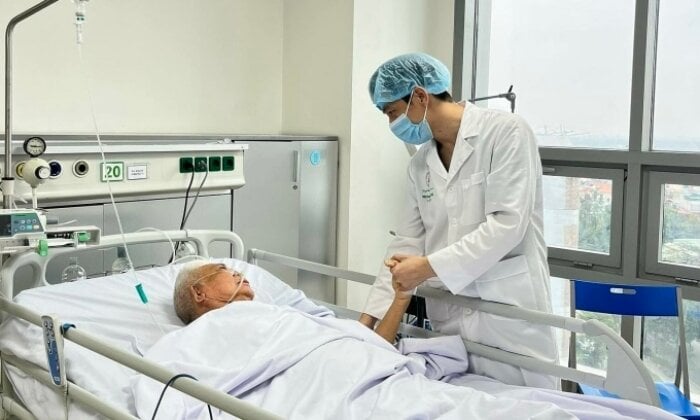
A stroke patient is treated at the 108 Military Central Hospital. (Photo: BVCC)
Of the 68 hospitalized patients, 28 cases required emergency endovascular intervention (16 cases of early cerebral infarction requiring mechanical thrombectomy, 12 cases of subarachnoid hemorrhage requiring aneurysm embolization), and 5 cases required surgical decompression combined with emergency open ventricular shunt placement (massive cerebral hemorrhage or subarachnoid hemorrhage with intraventricular flooding).
The Stroke Department must coordinate with the Stroke - Cerebrovascular Team to provide continuous emergency care, most of which is emergency care. Serious patients are transferred from lower level hospitals in the Northern region.
Dr. Nguyen Van Tuyen, Head of the Stroke Department, 108 Military Central Hospital, said that during the holidays, the number of stroke patients coming to the emergency room is usually very large due to referrals from lower levels, but there has never been a sudden increase like this year, the overload situation has occurred since the first days of the Lunar New Year.
Similarly, some hospitals have also recorded an increase in the number of stroke cases. Many cases arrive late, leading to difficulties in treatment and missing the golden time for intervention. According to a representative of Hospital E, during Tet, the hospital receives about 10 emergency stroke patients every day, an increase of 20-30% compared to normal days.
At the Central Geriatric Hospital, during the Lunar New Year, 30-40 people are admitted every day, including about 15 emergency cases, mainly for cardiovascular and respiratory diseases and strokes.
Sudden changes in climate are one of the causes of stroke. Many studies show that the risk of stroke increases by 80% when the temperature drops below 15 degrees Celsius or drops suddenly. Cold weather causes blood vessels to constrict, causing high blood pressure. Cold can also thicken the blood, leading to the formation of blood clots.
In addition, some people stop taking blood pressure medication (especially young patients) or do not comply with blood pressure medication as usual, leading to increased strokes.
Experts recommend that the sudden increase in emergency stroke cases mentioned above is a recommendation for the general public, including young people with underlying diseases, to adopt a healthy lifestyle. Everyone needs to strictly adhere to the medication regimen when treating underlying diseases such as high blood pressure, not only during Tet but also on all other holidays, to avoid unpredictable consequences from the risk of stroke.
Source






![[Photo] Dan Mountain Ginseng, a precious gift from nature to Kinh Bac land](/_next/image?url=https%3A%2F%2Fvphoto.vietnam.vn%2Fthumb%2F1200x675%2Fvietnam%2Fresource%2FIMAGE%2F2025%2F11%2F30%2F1764493588163_ndo_br_anh-longform-jpg.webp&w=3840&q=75)



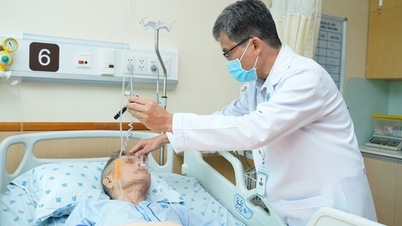






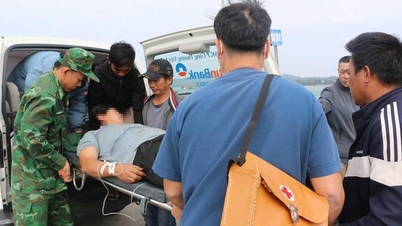


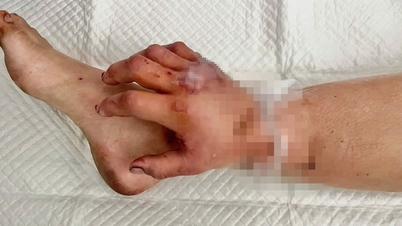
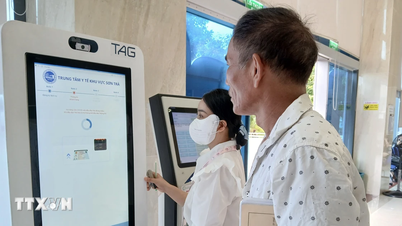


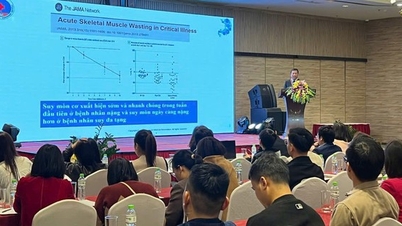
















































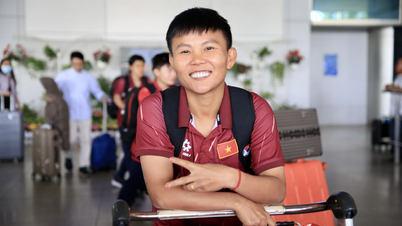
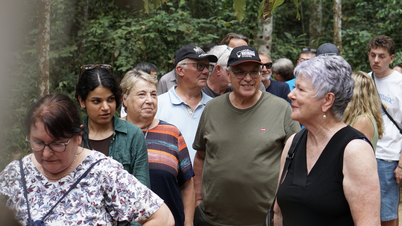







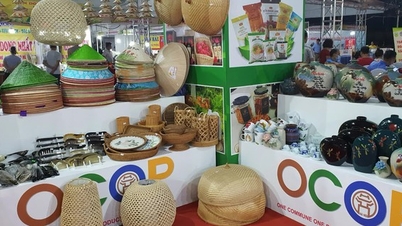

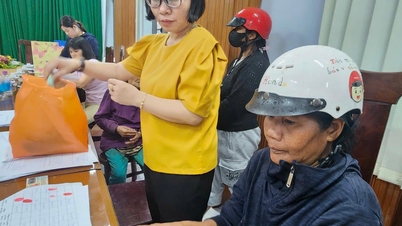





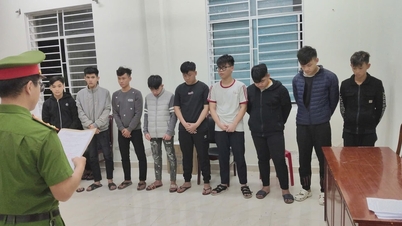









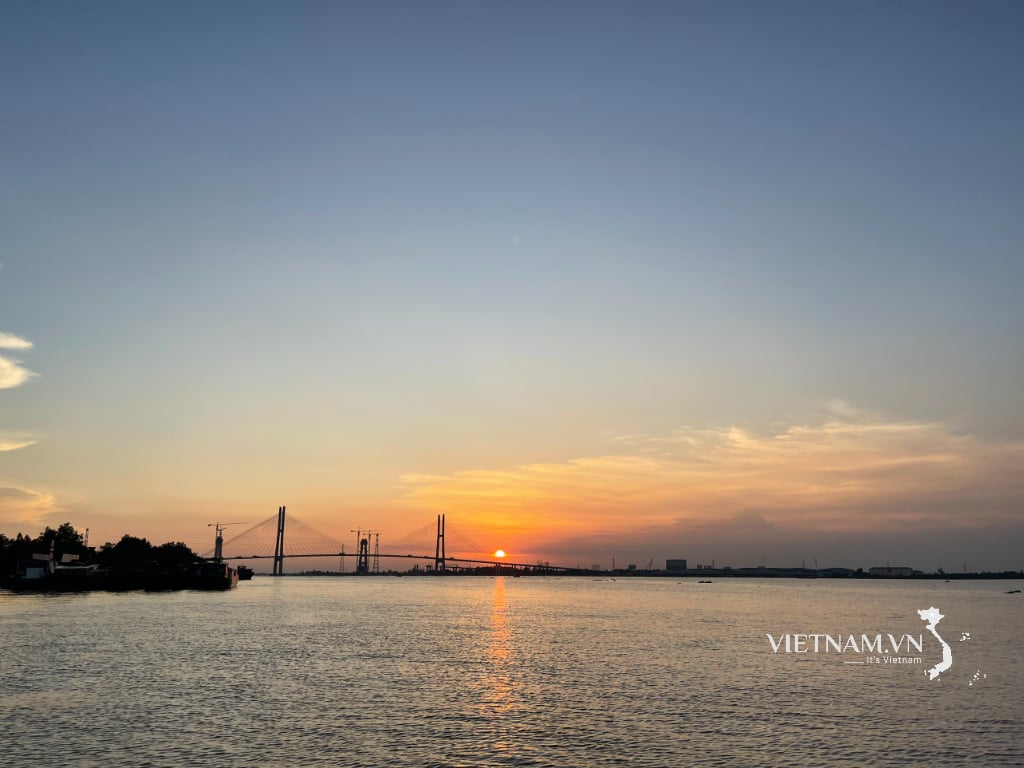
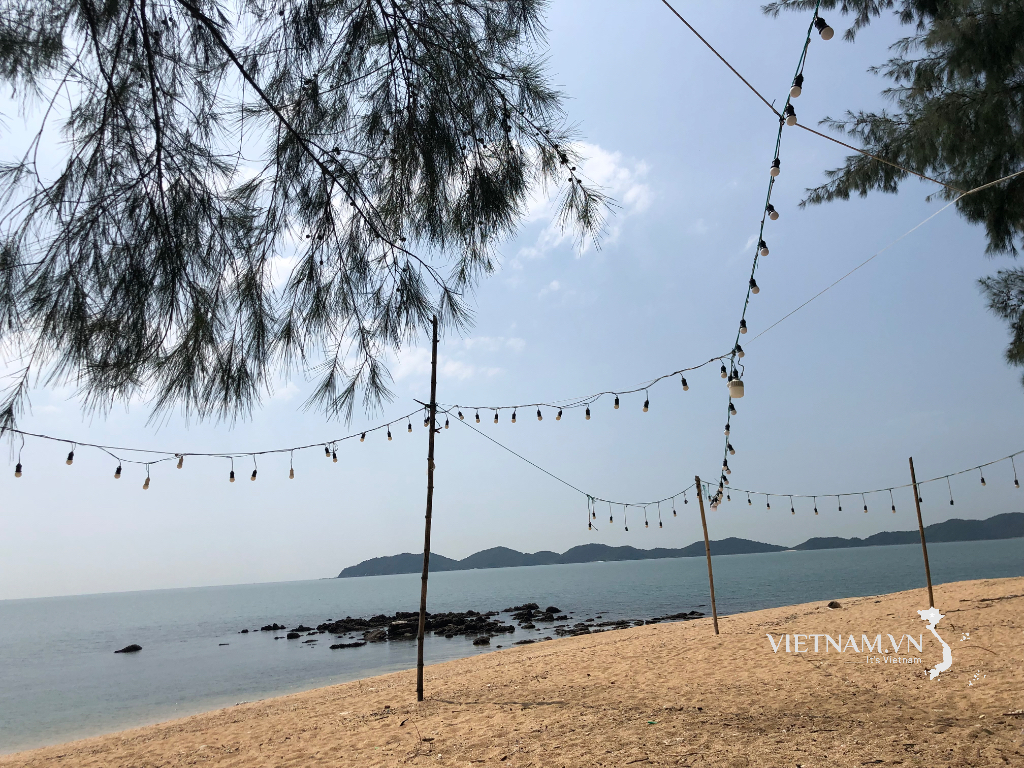

Comment (0)